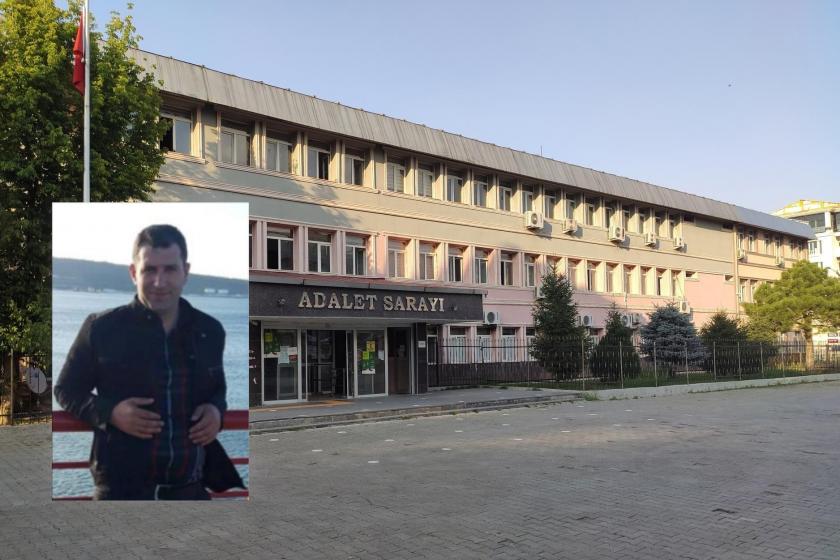Two anti-people factions clash in Sudan
We will see, whether the conflict will end in some kind of compromise and agreement or whether one side will liquidate the other. However, it is indisputable that one of the two sides will not be good for the Sudanese people.

Fotoğraf: Mahmoud Hjaj/AA
The junta, the Transitional Sovereignty Council, which has held power in Sudan since the last coup in October 2021, is at the centre of the ongoing attacks against the people. The president and vice-president of the Sovereignty Council, who are in agreement only against the people, but are based on two separate centres of power, turned against each other when they were unable to maintain the compromise they had maintained so far. The clashes that started on 15 April continue to spread. The number of civilians killed in two days has exceeded 80.
In the spring of 2019, the Sudanese people, organised as the Forces for the Declaration of Freedom and Change with components from many organisations, rendered the religious reactionary al-Bashir dictatorship inoperable and brought it to the brink of overthrow. It was the coup d'état of 11 April 2019 that saved the 30-year-old al-Bashir order and its pillars, which had been overthrown by the 4-month-long demonstrations of the people that began in 2003 and turned into the latest uprising, taking the people by the hand by pulling al-Bashir aside. The coup was led by army chief General Abdel Fattah al-Burhan and Mohamed Hamdan Dagalo (Hemeti), commander of the Rapid Support Forces (RSF). They set up a Military Transitional Council and said they wanted to share power with the Forces for Freedom and Change. A section of these forces, mainly right-wing, played along, and a military-civilian hybrid Transitional Sovereignty Council was formed, led by Burhan, and Hamduk, a civilian with a British passport, was appointed prime minister.
This "agreement", which was not recognised by the Popular Resistance Committees, a component of the Forces for Freedom and Change, working hand in hand with the trade unions, was short-lived and its deceptive nature was quickly exposed. Firstly, the military coup d'état removed Hamduk, who had favoured the demands of the popular forces. When he backed down and was reinstated, the junta began to attack the people who refused to recognise the agreement. The coup of 25 October renewed the Provisional Sovereignty Council, dissolving the old one. There were no longer civilians on the Council, but 12 of the 17 ministers had resigned.
That left Burhan and Hemeti, who had handed al-Bashir over to the International Criminal Court, and who, hand in hand, maintained the "Bashir without Bashir order". Burhan was al-Bashir's army commander and led the attacks on the people on his orders. Hemeti was the leader of the Janjaweed, al-Bashir's militia in Darfur. This force was reorganised by al-Bashir in 2017, joining the army as the Rapid Support Forces. In reality, it was still autonomous. As a gesture of "goodwill", al-Bashir sent a 1,000-strong contingent to Yemen to fight on the side of the Saudis as he broke off relations with Iran and rapprochement with the Gulf (the Saudis and the UAE). Hemeti was the man behind this defection.
Already during the negotiations with the Forces for Freedom and Change, the Military Council had said that the RSF would join the army because of its bad reputation as an enemy of the people, but this never materialised. The "accession", which seemed to be the leading issue between the two anti-people commanders, was interpreted by Hamideti as "liquidation".
Hamideti and the RSF are known to be responsible for the attack that killed 87 people during a sit-in in Khartoum in 2019, before Bashir's ouster. On the instructions of the military junta, the RSF was sent against the people to suppress the popular demonstrations after Bashir's ouster, especially the demonstrations after the second coup, and shed blood.
But this is not all. The military directly and indirectly controls many industries and companies in the country, from oil to construction, livestock farming to mining. In particular, the military controls the production and marketing of gold, which was 36.6 tonnes in 2020 and 80 percent of which was shipped from Khartoum Airport to Dubai in 2021. The key points of this illegal economic activity, which is closed to public scrutiny, are in the hands of Hemeti. While the theft of revenues from the public unites the two commanders against the public, the problems of sharing and the RSF joining the army divide and pit them against each other.
In the end, two tightrope walkers could no longer play on one string and the showdown between the reactionaries in Sudan began. It remains to be seen whether the conflict will end in a certain compromise and agreement or whether one side will liquidate the other. However, it is indisputable that neither side will be good for the Sudanese people.







Evrensel'i Takip Et